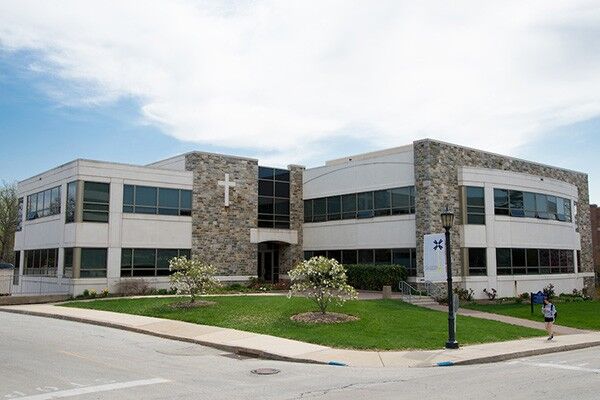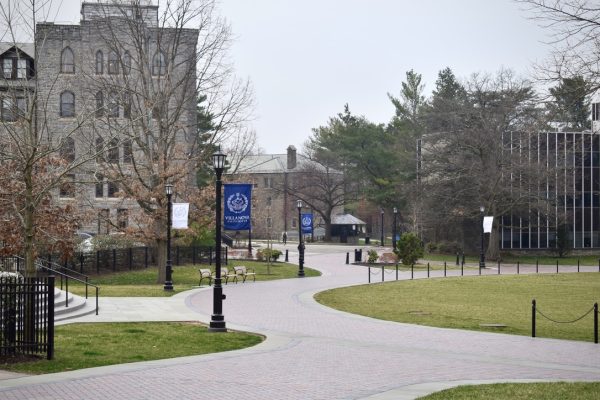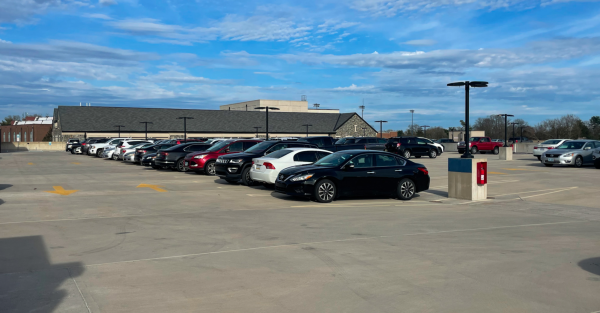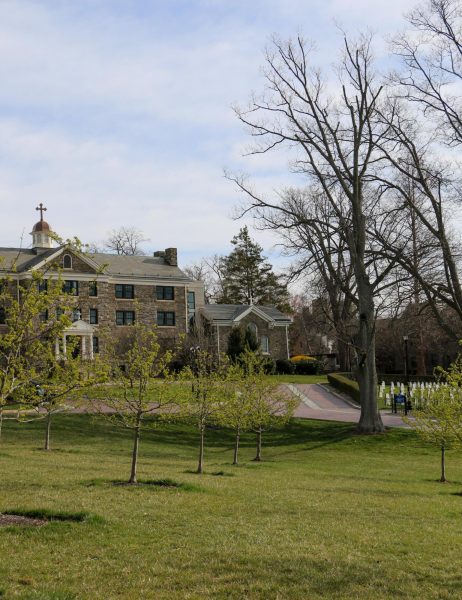Medical Theater: Villanova’s Useless COVID-19 Precautions

Medical Theater: Villanova’s Useless COVID-19 Precautions
October 1, 2020
As we are all aware by now, this semester differs greatly from the standard education we had expected since we were little. These changes are mostly warranted, but there are still quite a few that make me scratch my head.
The most glaring example of medical theater is the Daily COVID-19 Self-Assessment. The short quiz is well-intentioned, but the questions fail to execute the receipt of any meaningful or worthwhile information. Questions about the user’s temperature and demographics obviously have some use, but asking simply if the user has checked for new symptoms does not have enough of an impact because you can easily check if you have symptoms, but that does not mean that you are symptom free. The final question asks the user if they will uphold and follow the university’s COVID-19 guidelines, but that equates to just clicking to agree to the terms of use when you update your phone and everyone will automatically say yes.
Beyond the failure of the questions themselves, the test can only be completed once in a 24 hour span of time. This means that if you wake up for an online class later in the morning and complete your self-assessment before heading to breakfast, you cannot complete your test again for 24 hours, and thus will not be able to have new results before your in-person class at 8 a.m. the next morning.
The largest issue with the self-assessment is the fact that there is no requirement to actually complete it every day, and that in the event of a failed attempt, your day can still continue as normal. In one of my first attempts to complete the screening after having just moved in, I misread the second question, which caused me to fail the test. Panicking, I followed the app’s instructions and contacted the Student Health Center,, only to be told that I was okay and should just proceed as usual, despite my failed attempt to earn a badge.
To improve the daily screening, the University needs to drastically modify the existing assessment by addressing the above topics. Until then, the Daily COVID-19 Self-Assessment will be nothing more than a prime example of performative inaction in our Villanova community.
Outside of the daily screening, many other essentially useless precautions have been taken by the University to calm the complaints of parents, students, faculty and the wider community.
Despite the fact that I am a freshman this year, I have already joined a few different clubs and groups on campus and have quickly learned about the many restrictions placed on clubs, even with their ability to host in-person events. This shocks me; I am allowed to sit indoors for approximately an hour with about 25 classmates for a lecture, but a club is not allowed to formally host an outdoor gathering to conduct its business.
For music groups on campus, the precautions are very extreme and often seem to be aimed at relieving the fears of those involved by addressing every possible area in which someone might feel unsafe. Groups that perform vocal music are each being provided with their own personal set of materials to limit cross-contamination that would be present with shared materials. This is a great idea, but the requirement that each group be limited to 16 people or fewer, even in an outdoor location, while wearing masks and goggles, seems a little extreme. And yes, you read that right. If you happen to be walking to the tent outside of St. Mary’s Hall, you might be serenaded by a group of masked and goggled musicians.
Overall, the University has been doing a great job of controlling the spread of COVID-19, demonstrated by how its number of cases has remained relatively low compared to other colleges and universities across the nation. It is simply a disappointment to students that we are experiencing so many extra rules, regulations and precautions, especially when so many of them seem to be minimally effective methods of slowing the spread of the coronavirus.





